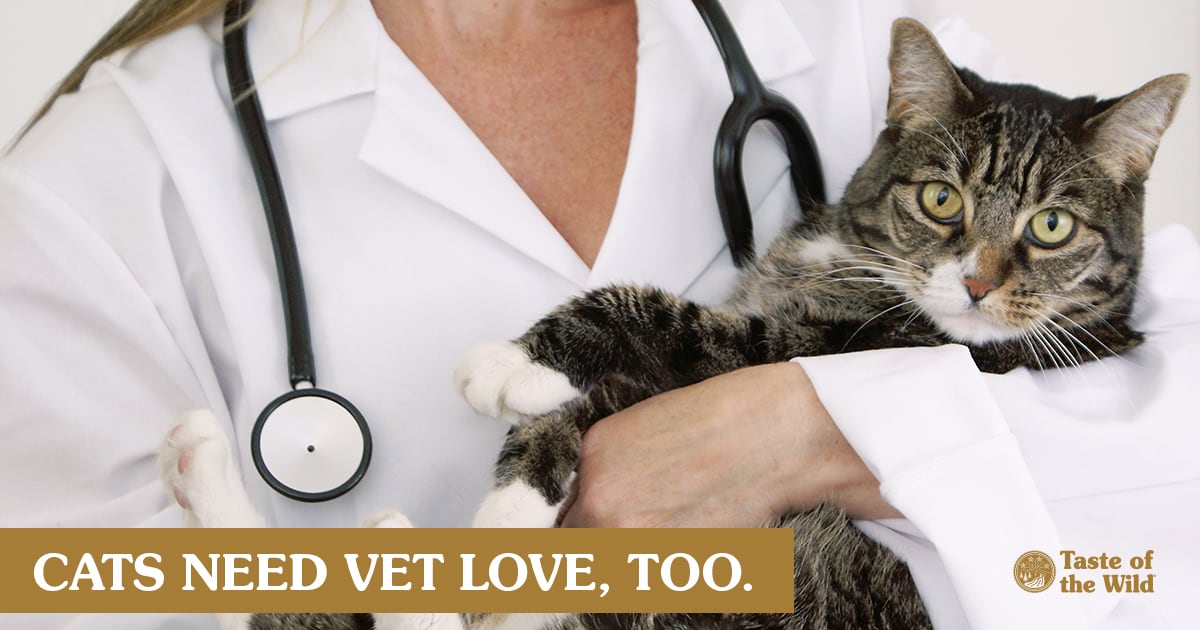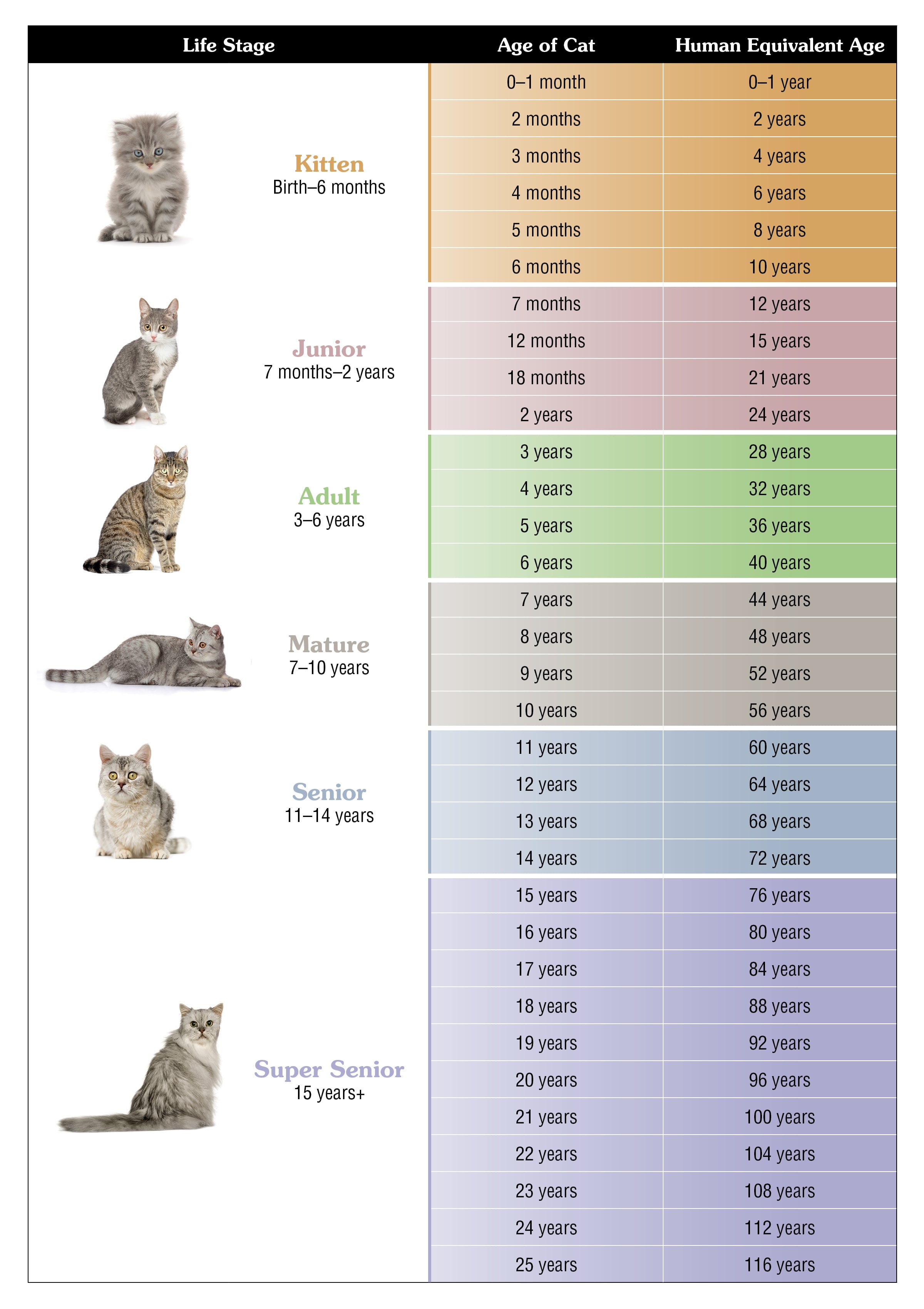
Veterinarians see far fewer cats than they do dogs. Is it because cats are healthier? Or because cats truly have nine lives?
No and no. The two major reasons why cats receive less veterinary care than dogs are:
- Both cat and cat owners find it very stressful to go to the veterinary clinic.
- Owners often believe their cat doesn’t need routine checkups for wellness and preventive care.
The truth is that cats need veterinary care every bit as much as dogs do! Here are good reasons why your cat needs a wellness checkup at least every year and more frequently if he or she is older or has a chronic health problem.
Cats instinctively hide health problems
Unlike dogs, cats are masters at hiding — and that includes concealing signs of disease. So even the most doting and attentive cat owners may not be aware their cats are sick, especially if the early disease stages have few or very subtle symptoms. By the time signs are visible, the disease could be quite advanced. Routine wellness exams and annual screening for underlying diseases can help our cats’ veterinarians find early evidence of hidden health issues and then create plans to treat or manage the conditions.
Early stages of some common diseases have few, if any, warning signs
Many cat owners don’t know that many diseases common to middle-aged to older cats may not cause outward signs in the early stages. These health conditions include chronic declining kidney function, diabetes, overactive thyroid activity (hyperthyroidism), high blood pressure, heart murmurs and abnormal rhythms, cancer and tooth problems.
The good news is that regular veterinary visits, along with simple blood and urine tests, can reveal these developing health problems while they are still hidden from view. And this is true even if your cat is an indoor cat. Finding these medical issues early often means your veterinarian will be able to recommend more treatment options with potentially lower costs, while providing you with peace of mind and your cat with greater comfort and quality of life.
Cats age more rapidly than we do
Like dogs, cats age more rapidly than people. So basically, an annual exam for your cat is the equivalent of seeing your doctor every four to five years. That means making and keeping appointments for your feline friend’s wellness and preventive care a critical part of a healthy lifestyle.
 Source: International Cat Care
Source: International Cat Care
As a member of your family, you want what’s best for your cat. And the best way to keep your cat as healthy as possible is through checkups. For more information about cat care, including tips on getting your cat to the veterinary clinic, check out the American Association of Feline Practitioners’ website.
RELATED POST: What to Expect at Your First Veterinary Visit
The information in this blog has been developed with our veterinarian and is designed to help educate pet parents. If you have questions or concerns about your pet's health or nutrition, please talk with your veterinarian.
